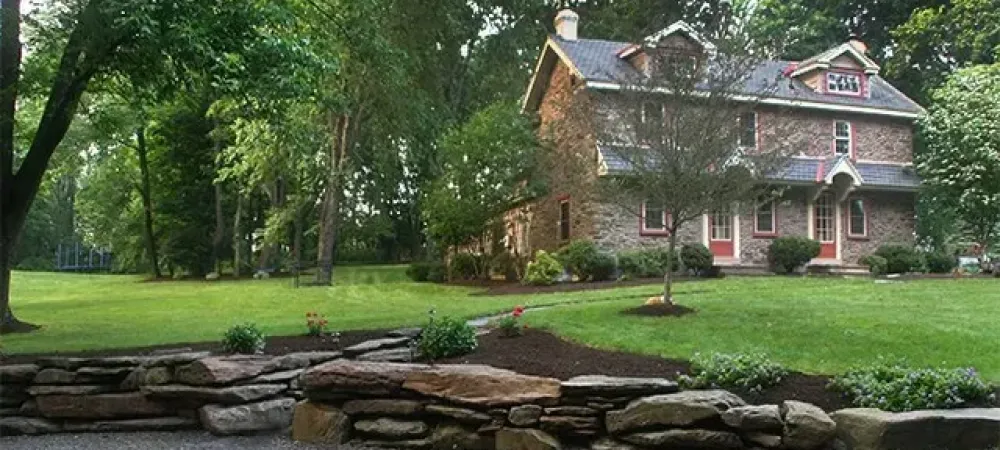Are Mosquitoes Worse After Rain?

Living in the Philadelphia metro area, you're likely familiar with the seasonal battle against mosquitoes. One common question that arises, especially after a rainy spell, is whether mosquitoes become worse. Let's explore the relationship between rain and mosquito activity and provide insights on how to manage these pesky insects in your outdoor space.
The Connection Between Rain and Mosquitoes
1. Breeding Grounds: Mosquitoes breed in standing water, and rain can create ideal breeding grounds. Puddles, waterlogged areas, and containers collecting rainwater become potential breeding sites. Female mosquitoes lay their eggs in standing water, and the subsequent larvae develop in these aquatic environments.
2. Increased Humidity: Rain often increases humidity levels in the air. Mosquitoes thrive in humid conditions, as it aids in the maturation of their eggs and the overall life cycle. Higher humidity also makes it more comfortable for mosquitoes to fly and seek out hosts.
3. Temporary Water Sources: While rain can create breeding sites, it's essential to note that not all rain leads to increased mosquito activity. If the rain is heavy and persistent, creating temporary water sources, it can contribute to a surge in mosquito populations. However, light and infrequent rain may not have the same impact.
Managing Mosquitoes After Rain
Now that we understand the connection between rain and mosquitoes, let's explore effective ways to manage mosquito populations after a rainy period:
1. Remove Standing Water: Inspect your outdoor space for any containers, clogged gutters, or other items that may collect rainwater. Eliminating standing water reduces potential mosquito breeding sites.
2. Use Mosquito Repellents: Apply mosquito repellents on exposed skin to protect yourself from bites. Consider using repellents with DEET, picaridin, or oil of lemon eucalyptus for effective mosquito protection.
3. Install Mosquito-Repellent Plants: Integrate mosquito-repellent plants, such as citronella, lavender, and marigold, into your landscaping. These plants can naturally deter mosquitoes and add beauty to your outdoor space.
4. Consider Professional Mosquito Control: Lawn care companies often offer mosquito control services that include treatments to reduce mosquito populations. These treatments target areas where mosquitoes rest and breed, providing effective and targeted control.
5. Maintain Your Lawn: A well-maintained lawn can discourage mosquito activity. Regular mowing and trimming vegetation reduce resting spots for mosquitoes, making your outdoor space less inviting for these pests.
While rain can contribute to increased mosquito activity, proactive measures can help you manage and minimize the impact on your outdoor experience. By addressing potential breeding sites, using repellents, incorporating mosquito-repellent plants, considering professional mosquito control, and maintaining your lawn, you can enjoy a more mosquito-free environment, even after massive rainfall.
